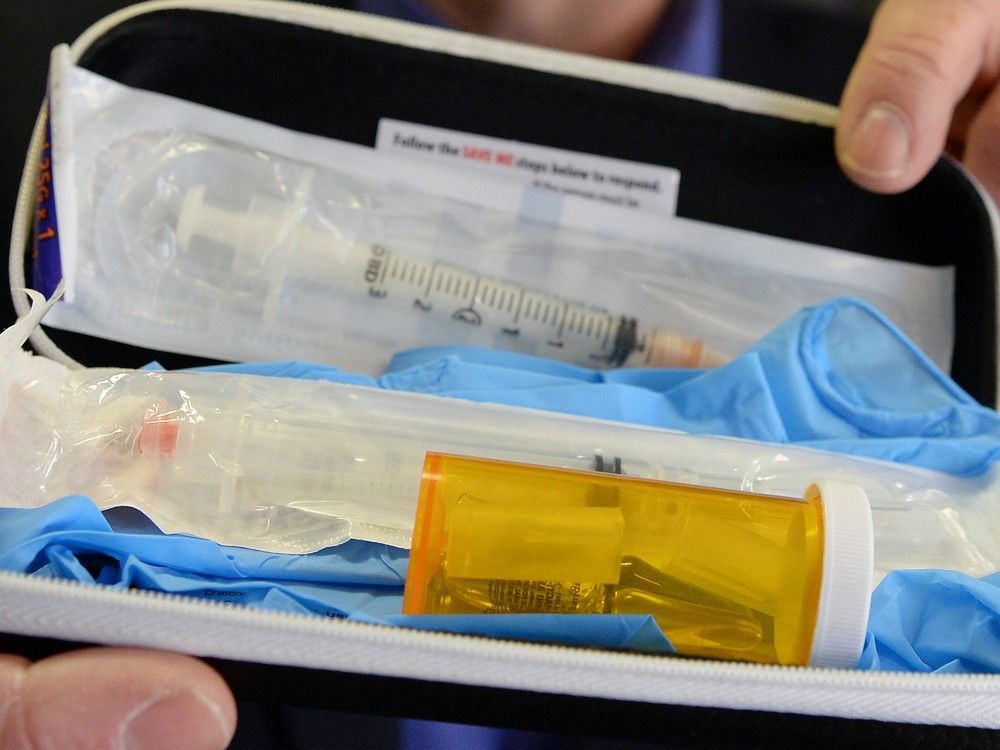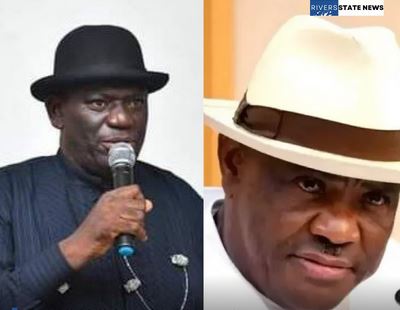
The two biggest policies thrown at voters by Labor and the Coalition over recent days are thin and pathetic attempts to grab headlines and paper over the fact that there is, so far, very little substance to this election campaign. Hardly out of the blocks, Prime Minister Anthony Albanese promised legislation to prevent price-gouging by supermarkets while Opposition Leader Peter Dutton pushed a gas preservation scheme to cut costs. Anthony Albanese has promised laws to prevent price-gouging by supermarkets Credit: Getty Images This febrile cost-of-living election has turned our political leaders into great friends of the consumer; both men appear happy to ignore the variegated history of their proposals and pitch hard at hip-pocket nerves.
Albanese announced at the weekend plans to make price-gouging illegal , even though a long inquiry by the Australian Competition and Consumer Commission into supermarkets found no evidence they were ripping off customers. In the same breath, he even acknowledged that the ACCC investigation found no evidence of “systematic price-gouging” but doubled down, announcing the Treasury and the consumer watchdog would lead a taskforce over six months to design the new laws. Albanese said he intended to impose “heavy fines” for supermarkets, looking to consumer laws in places such as the European Union and United Kingdom for possible inspiration.

This surely is testing the patience and goodwill of Australians. They’ve long been struggling with rising living costs, but Albanese had to wait until the election campaign to be spurred into action. Further, the “announcement” also ignores the fact that none of the reported eight federal, state and regulatory inquiries into supermarkets during Labor’s term of government have found unfair or unreasonable pricing in the $133 billion sector.
Dutton promised in his budget reply speech last week to introduce a gas reservation scheme that the Coalition’s still-secret modelling claims would reduce the wholesale domestic price from $14 per gigajoule to under $10 a gigajoule. Such a promise neglects the years of inquiries that found such an outcome would be the worst possible outcome for the gas industry and the country. It also overlooks the inconvenient fact that, starting in 2002 with John Howard , federal governments of both hues struck credulous and incompetent deals in which Australia either lost big time as world prices soared or left it without enough gas for domestic consumption.
Dutton also further undermined the credibility of his gas reservation scheme proposal by refusing to release the Coalition’s modelling to achieve lower gas prices. There are problems with being so coy and holding back on releasing modelling details. Labor is already having a field day attacking the gas reservation proposal, and there is little hope of a big reveal in the campaign’s final days as pre-polling starts in two weeks before the May 3 vote.
Keeping voters waiting for details and verballing supermarkets without evidence is lazy politics. If this is the best leaders can offer so early in the campaign, Australia’s choices are shaping as very ordinary. Bevan Shields sends an exclusive newsletter to subscribers each week.
Sign up to receive his Note from the Editor ..















